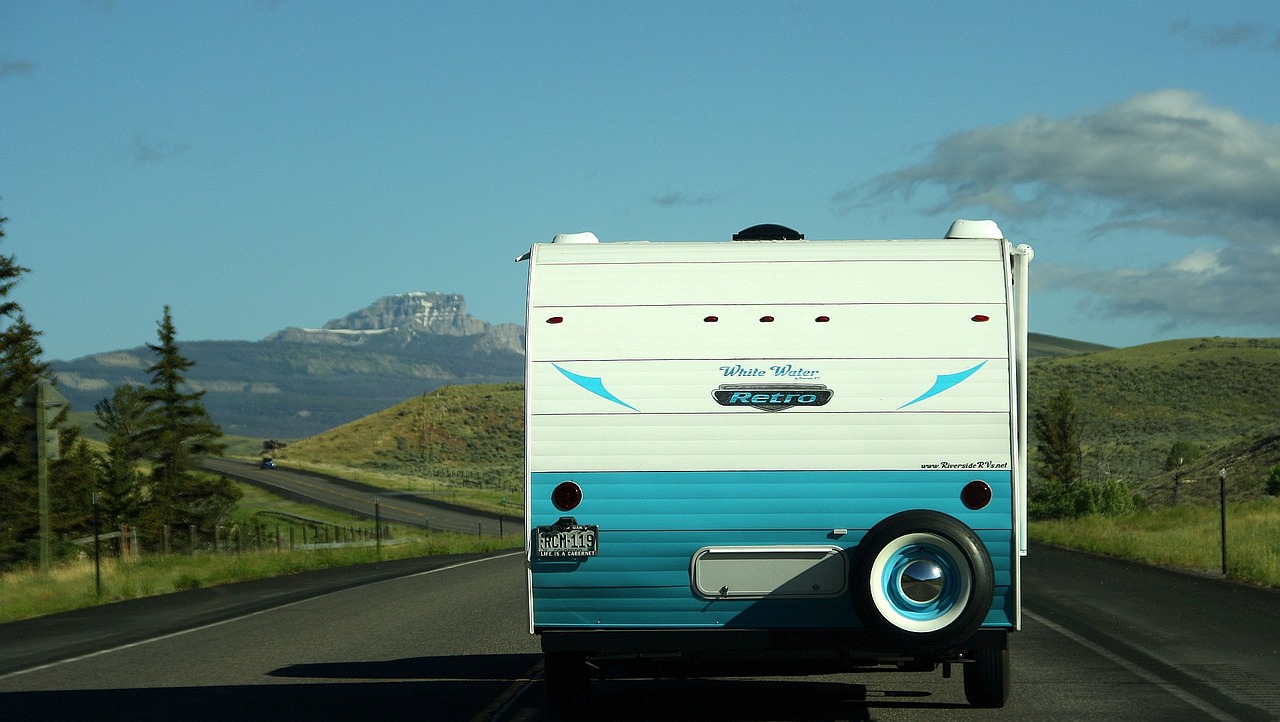
A few weeks ago a traveller rolled up with his boat in tow. Yep, that’s his house, he did stay in it overnight and the caravan park owners didn’t raise an eyebrow. It got me thinking about all the different ways there are to live, given that houses and all their costs are climbing beyond the reach of many people. A house in the suburbs definitely isn’t the only option…so here’s a few thoughts on alternative places to hang your hat (or make more use of the place you have).

Mobile-Friendly Housing (Caravan/Motorhome/Camper/Tent)
Favoured by an ever-increasing number of the population is living on the road. Places to pull up include caravan parks, freecamps, national parks, commercial and private properties, by the roadside and of course with friends and relatives and employers with enough space on the property. Fuelled by retirement, redundancy, frustration with suburban life or simply a desire to venture out and see the country, great numbers of Australians, of all hair colours, are trading in their house for a more mobile-friendly (and cheaper) version.
Something That Floats
Also very mobile are yachts, motor yachts and houseboats. While some nautical skills may be needed with this option, places to stay can be almost as wide as the ocean and you can always hire someone to move the boat when you’re tired of the view (or cart it round and sleep in it whilst on a trailer as mentioned above though I’m not sure if there are any actual rules about that).
If you’d like someone else to take responsibility for the boat, long term cruises can be a relatively cheap option depending on your circumstances and given that accommodation, food and entertainment are all covered, plus you get to travel. A wonderful way to change your backyard regularly, particularly if you’re into water views.

Work for Your Board
There are multiple ways to do this. Housesitting (feed the animals, water the plants etc), farmwork where accommodation is included, some nannying/housekeeping jobs include accommodation, as do a lot of caravan park/hotel management and caretaking jobs. Jobs that are in remote locations will also often include accommodation. Agriculture, mining, medical, hospitality and community services are some of the areas likely to offer this benefit.
A Block of Land
OK, practically this one will depend on the locality you choose but with a block of land outside of suburbia you may be able to look at options such as fitted out shipping containers, tiny homes, kit homes, yurts, treehouses or any other type of non-typical dwelling you might desire. You will have to consider the local building and council regulations with this option.
Communal Living
If you are prepared to share your living space then there are quite a few ways to do it that either reduce your living expenses or add to your income. First of all you can share the house you live in with others. This might be through housemates, organisations like airbnb or hosting international students. Another option is co-operative housing which takes wide-ranging forms, this site gives more information on the many ways you can participate in co-operative living.
Move to a Cheaper Area (or Country)
Moving to a cheaper area will most likely involve the country – living outside of major cities or moving to a country where the cost of living is considerable less than in Australia.
Any Ideas? Experiences?
Have you found a cheaper way to live? Chosen an alternative home and lifestyle? We’d love to hear about it so leave a comment below.